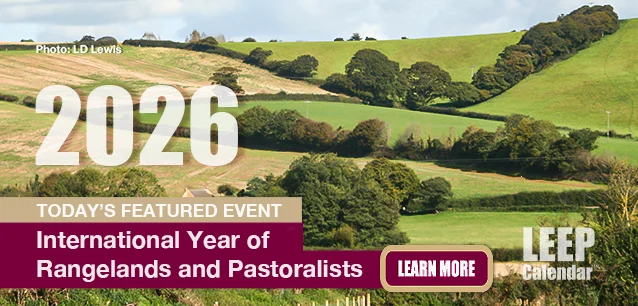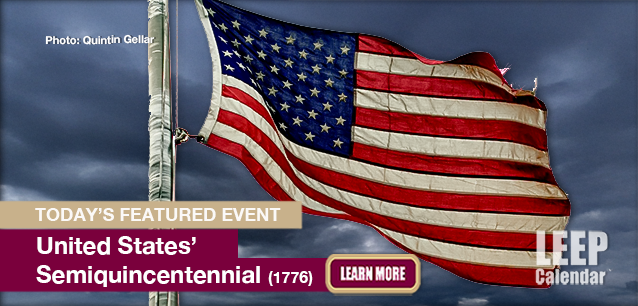 AD
AD
Today is: January 02
Scroll to explore events active on this date.
Additional Events on LEEP
LEEP INK FEATURES

August? Absolutely!
In August, we live through the Dog Days of Summer. It's hot and often humid, and those who can leave for better climates do. Down south, winter is in full force. August is also known as "the ...

In The Heat of July: July 2025 Events
Is it hot enough (or cold enough if you're below the equator) for you yet? There is actually a day for that! Like every month, I pick a diverse collection of events you may or may not know about. This ...

May Blooms: Events in May 2025
Along with October, May is one of the most densely packed months of the year. It's before the summer humidity and the last whole month of the school year. The weather is warming in t...
About National Emergency Preparedness Week in Canada
Real Estate , Canada
Ends: May 07, 2022
DESCRIPTION:
Preparing for an emergency is something that everyone has a responsibility to do. This year, Canadians are encouraged to learn about the specific risks and hazards in their regions, and the actions they can take before an emergency to help reduce the impact of a disaster.
To strengthen Canada’s emergency management approach, our Government is shifting from a reactive model to one that allows us to better predict, plan for, and prevent natural disasters and the costs suffered by Canadians. To this end, we are investing $200 million over five years in the National Disaster Mitigation Program to support provincial and territorial flood mitigation efforts.
Through the Get Prepared campaign, our Government has worked with provincial and territorial partners to encourage Canadians to know the risks, make a plan and get an emergency preparedness kit. With basic emergency preparedness in place, the next step is to take action to reduce the risks most likely to affect your family and community.
Everyone can take simple steps to reduce disaster risk. For example, if you live in a flood-prone area, you can help prevent flood damage by using a weather-protection sealant around basement windows and ground-level doors. Make sure drainage around your home helps move water away from the building.
Emergency management is a joint responsibility. This week, we also take the opportunity to recognize and thank first responders, volunteers, community leaders, non-governmental organizations and authorities at all levels of government for their support in emergency management. Together, we are building a strong and resilient Canada”
Follow Get Prepared (@Get_Prepared) on Twitter.
VIDEOS
Currently, this event does not have supporting videos.
SUPPORTING DOCUMENTS
Currently, this event does not have supporting documents.
ADDITIONAL IMAGES
Currently, this event does not have supporting images.
Where would you like to go now?
 AD
AD





















/footer-logo.svg)
